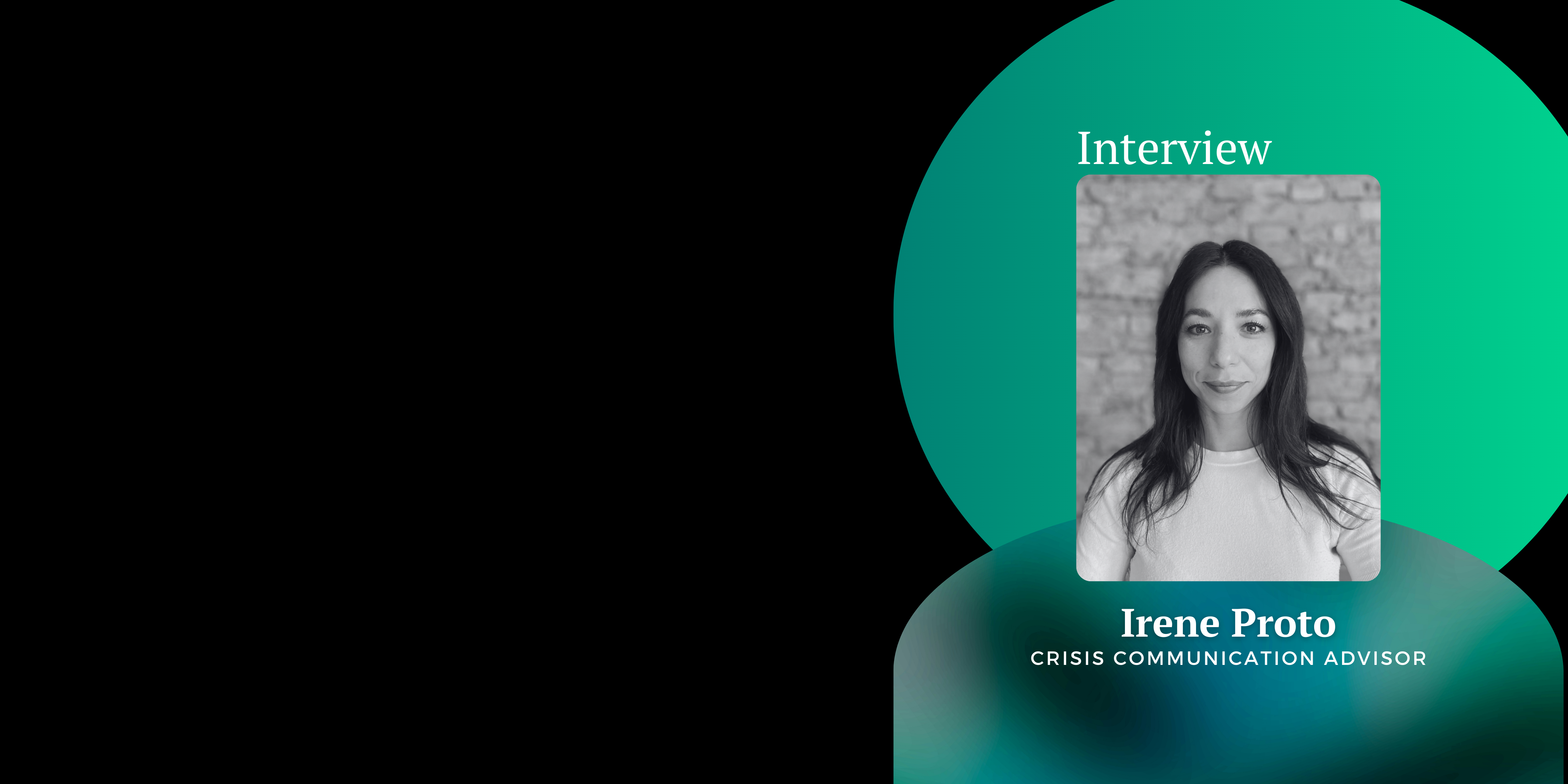Reputation Management
Effortlessly and accurately track the web and social network impact of your brand
Retour
Solutions
Reputation
Reputation Management
Effortlessly and accurately track the web and social network impact of your brand
Crisis Communication
Prepare, manage, and respond effectively to crises on social media and beyond
Leadership Advocacy
Amplify your leaders' voices to build trust and influence across key audiences
Influence
Trend Research
Uncover emerging trends to keep your brand ahead of the curve
Identifying Influencers
Find the voices that matter most to your audience and align with your brand goals
Campaign Tracking
Monitor, measure, and optimise your campaigns in real-time for maximum impact
Strategy
Competitive Intelligence
Gain actionable insights into your competitors’ strategies and performance
Industry Insights
Stay informed with real-time analysis of your industry’s landscape and shifts
Cyber Threat & OSINT
Detect and mitigate cyber threats with cutting-edge open-source intelligence
Retour
Why Visibrain
Why Visibrain
Our Coverage
The best coverage across the web and social networks
Our Technology
Our intuitive interface uses cutting-edge technology
Our Support
Our team is with you every step of the way
Featured
The A to Z of Social Listening

Read our white paper
Retour
Clients
Our clients
Brands
Visibrain for brands
Institutions & Local Authorities
Visibrain for institutions and local authorities
Agencies
Visibrain for agencies
Our Last Study
The A to Z of Social Listening

Read our white paper
Retour
Resources
Resources
Blog
Stay up to date
White Papers
Studies, industry analysis and advanced insights
Case studies
Our client stories
Help center
Guides and resources for users
Newsletter
Stay up to date with the latest Visibrain news!
Our Last Study
The A to Z of Social Listening

Read the full article
Retour
About

Expert Opinions
10/02/2025

Sophie von Mensenkampff
Content Manager
A crisis can strike at any moment, and in today’s digital-first world, brands don’t have the luxury of time to craft the perfect response. With social media amplifying every misstep, companies must be prepared to react swiftly and strategically.
That’s where crisis communication experts like Irene Proto come in. With years of experience helping businesses across industries—from banking to agri-food—navigate turbulent times, Irene understands what it takes to protect a brand’s reputation when it matters most. In this interview, she shares her expertise on how brands can stay ahead of PR crises using social listening, rapid response strategies, and long-term trust-building.
Certainly. I work as a freelance crisis management and crisis communication consultant, assisting organizations and brands in both preparing for and dealing with critical situations. I studied communication in Italy, Belgium, and France at Sciences Po Grenoble. My experience spans various sectors, including transportation, chemical industries, health, banking, insurance, and the agri-food sector. My role is to help clients develop response strategies that protect reputation and maintain trust during crises.
Speed is one of the biggest challenges—both in how fast crises unfold and the need for rapid responses. Understanding the key digital hubs and threats is crucial, as is managing how different audiences perceive the situation. Online crises evolve quickly, there are many publics, and their sentiment can shift rapidly, requiring brands to stay constantly alert and adaptable.
Social listening helps brands spot early warning signs, which is critical in today’s landscape, where the severity of a crisis isn’t always directly linked to the severity of its original cause. It also allows brands to understand key stakeholders, address concerns proactively, and even turn feedback into opportunities for improvement—not just for crisis mitigation but for long-term brand enhancement.
It enables brands to take control of the narrative early and respond quickly, reinforcing their credibility and leadership. Timely intervention can prevent misinformation from spreading and shape public perception. Additionally, online and offline conversations influence each other, making digital monitoring essential for managing overall reputation.
Absolutely. A dedicated tool provides greater reliability, standardization, and a more structured approach, reducing human error and blind spots. It also ensures real-time alerts, a comprehensive view of the crisis’s evolution, and data-driven insights that help brands act proactively rather than reactively.
Listening should always come first. The initial response depends on the specific case, but it must acknowledge stakeholders’ concerns and address why the brand has failed to meet expectations. A rushed, uninformed response can worsen the situation, so the priority is to gather insights and craft a message that is both responsible and strategic.
A major one. Influencers act as opinion leaders in their contexts, amplifying narratives and often shaping how a crisis is perceived. They can polarize opinions and establish dominant frames of interpretation. Traditional media also plays a key role in legitimizing online discussions, making it essential for brands to engage strategically with both.
Consistency is key. While the initial response sets the tone, trust is rebuilt through sustained actions that reinforce the brand’s commitment to its promises. It’s not just about communication tactics but a broader strategy that includes real behavioral changes and decisions that align—or go even further than—stakeholder expectations. Trust recovery is a process that requires transparency, accountability, and concrete steps demonstrating long-term dedication to improvement.
A crisis isn’t just a PR headache—it’s a moment of truth for a brand. How a company responds can mean the difference between a short-term blip and long-lasting reputational damage. As Irene Proto highlights, brands that embrace social listening can stay ahead of crises, manage public perception, and, most importantly, rebuild trust after the storm has passed.
Social listening tools like Visibrain play a crucial role in this process by providing real-time insights, alerting brands to emerging threats, and helping them make data-driven decisions. With the right tools and a proactive approach, businesses can turn crisis moments into opportunities to reinforce their credibility and emerge stronger than before.
Demo
Get your free demo
Get in touch with a member of our team for your own personalised demo
Get in touchNewsletter